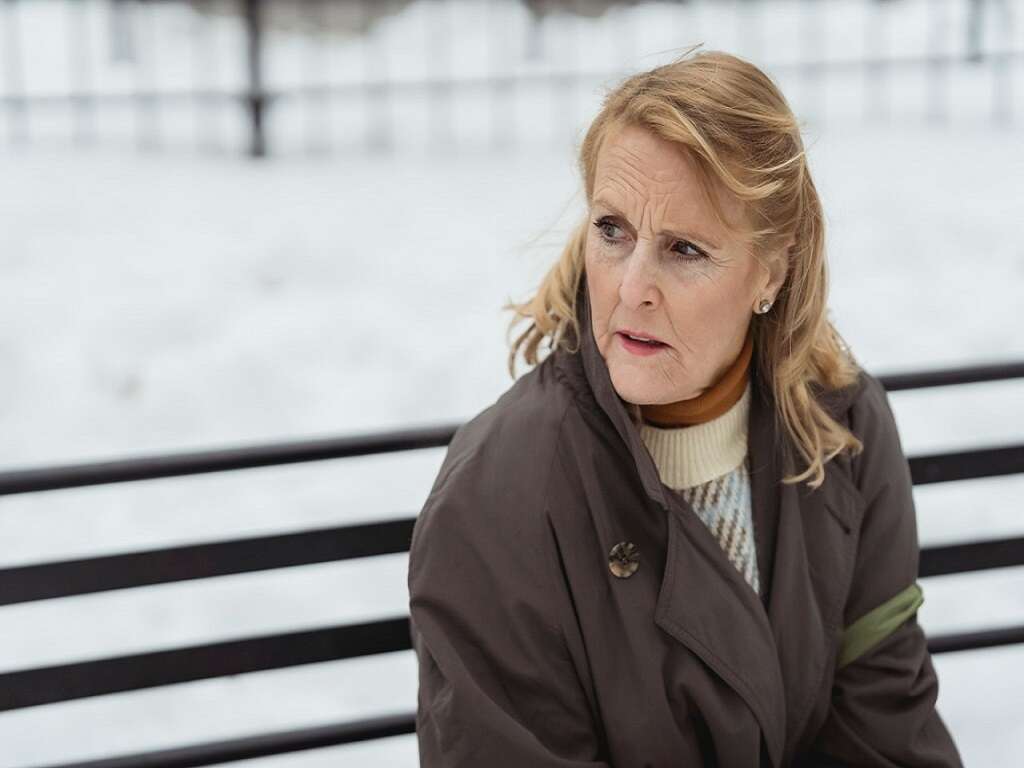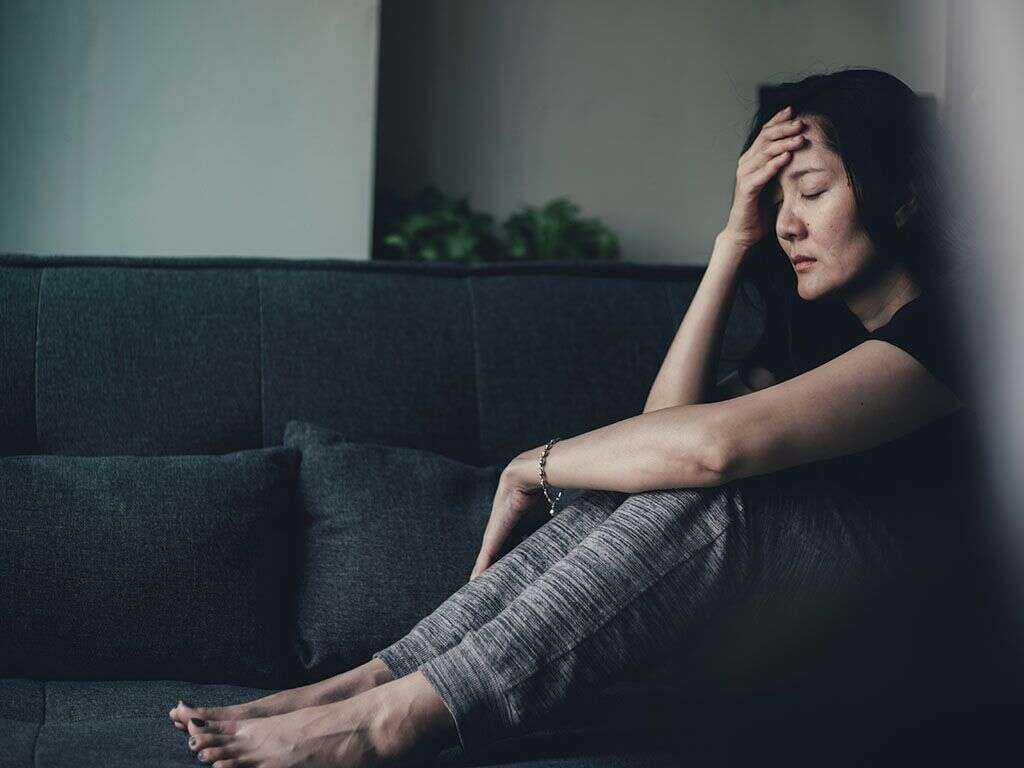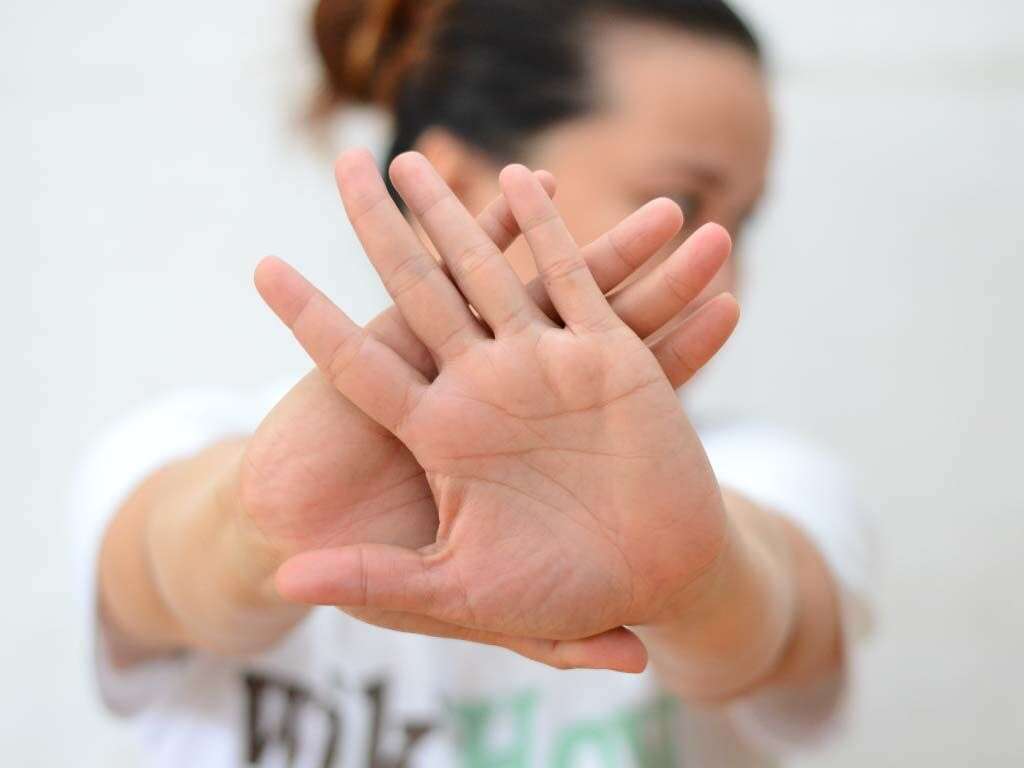10 Dysthymia Symptoms
 Article Sources
Article Sources
- 1. 'Table 3.5, DSM-IV to DSM-5 Dysthymic Disorder Comparison - Impact of the DSM-IV to DSM-5 Changes on the National Survey on Drug Use and Health - NCBI Bookshelf.' June 2016. National Center for Biotechnology Information, www.ncbi.nlm.nih.gov/books/NBK519704/table/ch3.t6/
- 2. 'Persistent Depressive Disorder (dysthymia) - Symptoms and Causes.' Mayo Clinic, 8 Dec. 2018, www.mayoclinic.org/diseases-conditions/persistent-depressive-disorder/symptoms-causes/syc-20350929
- 3. 'Social Anxiety Disorder: More Than Just a Little Shyness.' Jefferson, M.D., J. W. 3 Feb. 2001. PubMed Central (PMC), www.ncbi.nlm.nih.gov/pmc/articles/PMC181152/
- 4. 'Know the Signs of Job Burnout.' Mayo Clinic, 21 Nov. 2018, www.mayoclinic.org/healthy-lifestyle/adult-health/in-depth/burnout/art-20046642
- 5. 'Anger attacks in depression.' Fava, M., & Rosenbaum, J. F. Aug. 1988, PubMed. https://pubmed.ncbi.nlm.nih.gov/9809215/
- 6. 'Depression and Sleep: Understanding the Connection.' Johns Hopkins Medicine, Based in Baltimore, Maryland, www.hopkinsmedicine.org/health/wellness-and-prevention/depression-and-sleep-understanding-the-connection
Loss of Interest in Favorite Activities
Dysthymia can decrease the ability to feel pleasure, so people infected with it may lose interest in the activities and hobbies they usually enjoy. They may turn down invitations to go swimming, hiking, see a band or attend a party.
Losing interest in activities may stem from the feelings of inadequacy caused by dysthymia. If this occurs and doesn't improve, it's essential to see a physician or psychologist who can offer effective ways to manage these symptoms.
Advertisement










